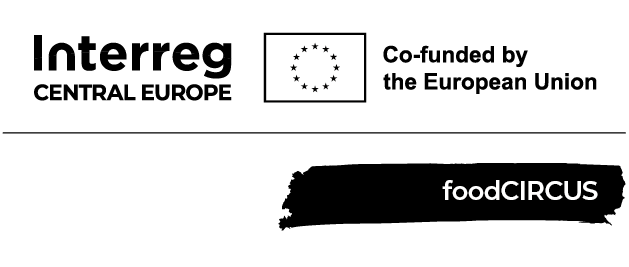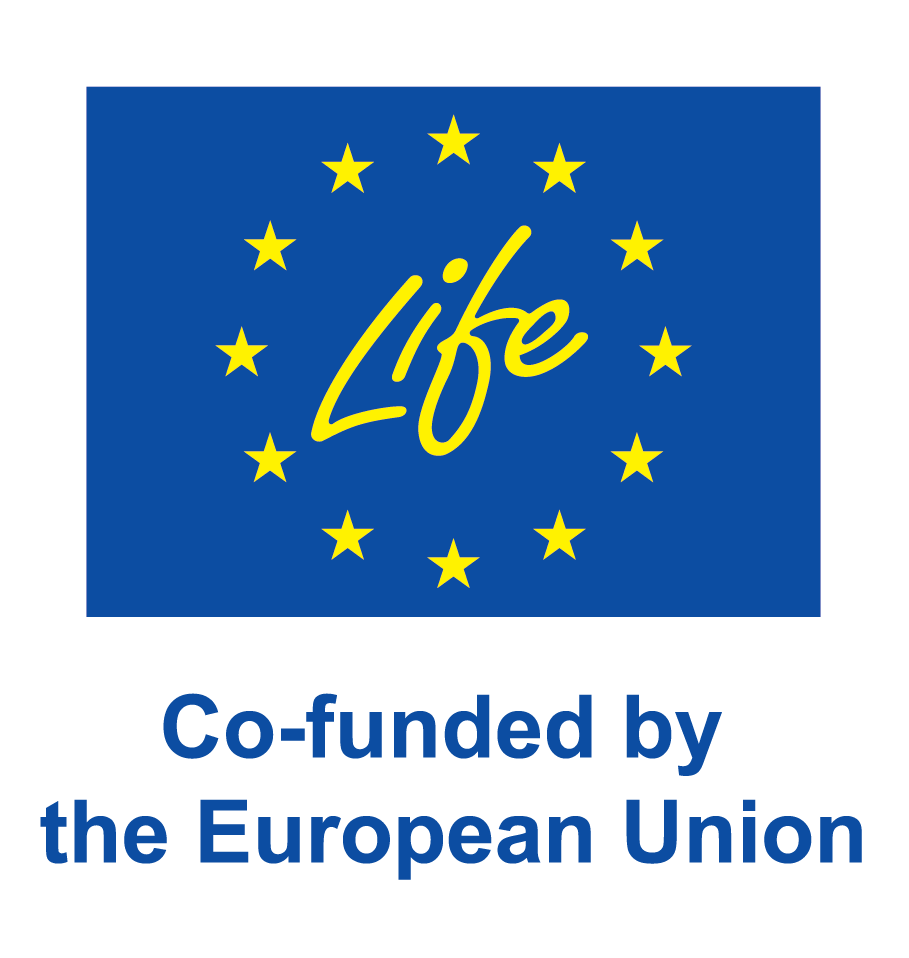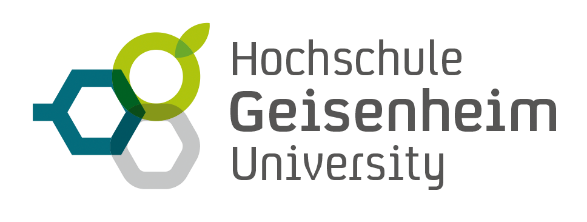
About the project
LIFE Waste4Growth primary objective is to enhance the circular economy by converting insect frass, the main by-product of black soldier fly (Hermetia illucens) farming, into organic biostimulating fertilizers. Insect frass is the mix of insect excrements, undigested feed substrate, and shed exoskeletons produced during insect farming, as defined by EU Regulation 2021/1925. Insect frass is currently used for biogas production, a practice that underutilizes its potential. By valorising insect frass into high-value organic biostimulating fertilizers, LIFE Waste4Growth supports more sustainable, productive, and climate-resilient agriculture in Europe. The project builds on the outcomes of LIFE Waste2Protein (2019–2023, LIFE18 ENV/DE/000011), which developed modular, decentralized insect-based biowaste treatment technology ReFarmUnits.
Background
Regulatory pressures are significantly raising compliance costs and risks for agri-food stakeholders, while extreme weather events, drought, and emerging disease are causing crop losses that threaten yields and profitability. At the same time, conventional farming practices and the heavy reliance on synthetic fertilizers accelerate soil erosion and groundwater pollution, undermining both long-term productivity and environmental health. These challenges underscore the urgent need for sustainable, circular solutions that align with EU policy priorities, including the European Green Deal, the Farm to Fork Strategy, and the Circular Economy Action Plan. Valorising insect frass into organic biostimulating fertilizers directly supports these objectives by reducing dependence on synthetic inputs, improving soil health, and crop productivity.
What is Insect Frass?
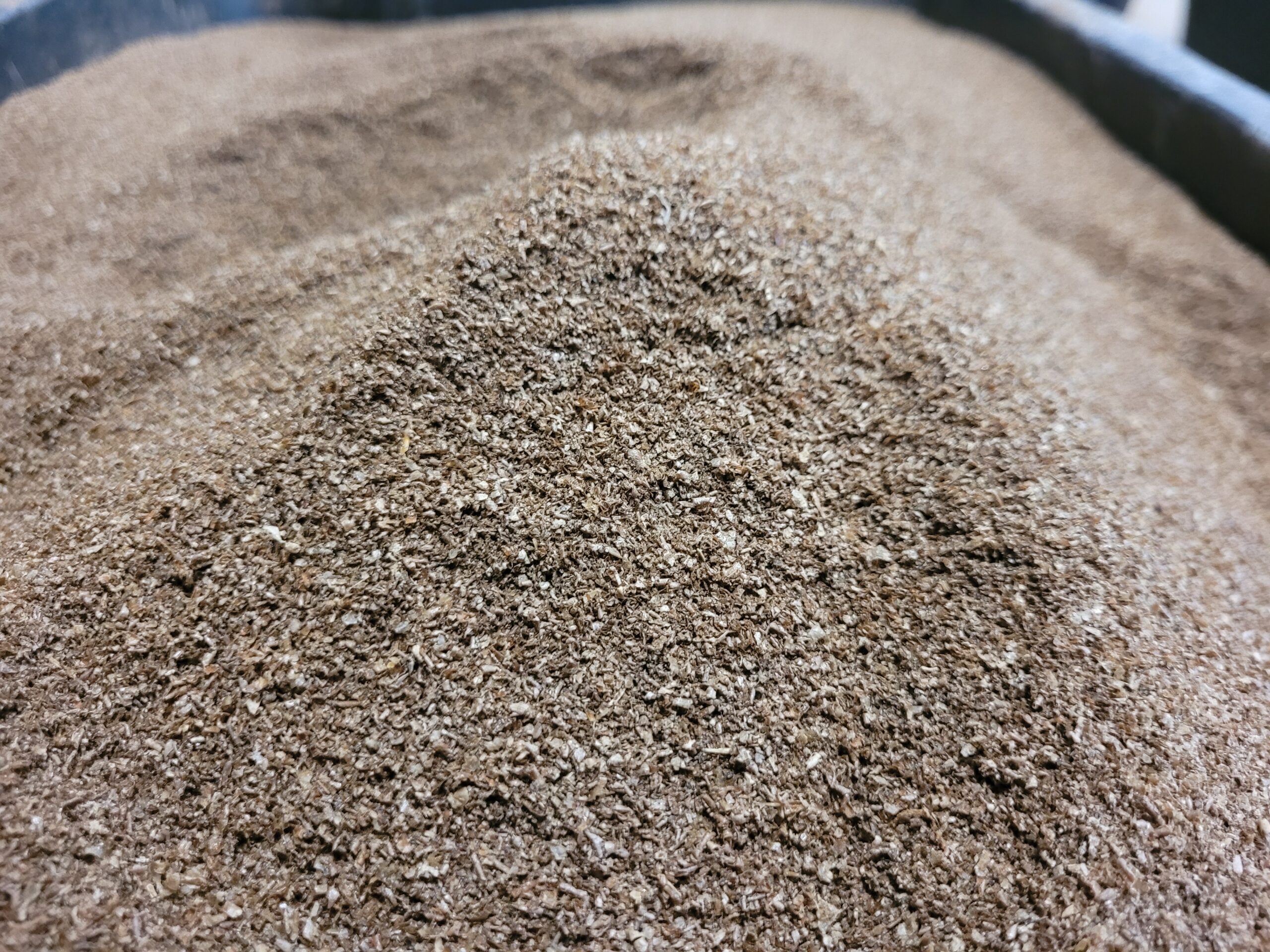
Insect frass contains mix of insect excrements, undigested feed substrate, and sheds of exoskeletons and together create a fibrous material, that typically contains a very high organic matter content (80–90%) and serves as a rich organic resource for agriculture. Insect frass supplies plants and soil with essential macro-nutrients—nitrogen (N), phosphorus (P), potassium (K), sulphur (S), and magnesium (Mg)—as well as important micronutrients like zinc (Zn), manganese (Mn), iron (Fe), and boron (Bo). The nitrogen in frass is mainly in organic form, though around 20–30% is plant-available ammonium (NH4+). Insect frass also contains biostimulating compounds such as humic and fulvic acids, amino acids, and chitin, along with beneficial microbes that promote plant growth and resilience against stress. These features make insect frass a powerful, sustainable fertilizer and biostimulant that supports both soil health and crop productivity.
Objectives
The overall objective of LIFE Waste4Growth is to enhance the valorization of insect frass from REPLOID ReFarmUnits by developing an innovative production process that upcycles insect frass and chitin-rich by-products into high-value, functional organic biostimulating fertilizers (both solid and liquid).
Specifically, the project aims to:
- improve soil quality and health by enriching soils with organic matter and beneficial nutrients.
- enhance plant resistance against drought and improve crop performance under water stress conditions.
- increase crop resistance against plant pathogens through the natural compounds and beneficial microbes present in insect frass.
- Reduce the carbon footprint of fertilization compared to synthetic alternatives, thereby contributing to climate change mitigation.
- Strengthen the climate resilience of European agriculture by promoting sustainable and resource-efficient farming systems.
News
-
A milestone for circular economy and insect biotechnology
A milestone for circular economy and insect biotechnology Today marks an exciting day for REPLOID Group AG. We officially kick…
Project details
| Acronym | Life Waste4Growth |
| Reference | LIFE24-ENV-AT-LIFE-Waste4Growth/101214277 |
| Project Time Frame | 01/07/2025 – 30/6/2029 |
| Total Eligible Budget | 2,979,993 € |
| EU Contribution | 1,787,996 € |
| Coordinating Beneficiary | Reploid Group AG |
| Contact Person | Jana Vasickova, vasickova@reploid.eu |

